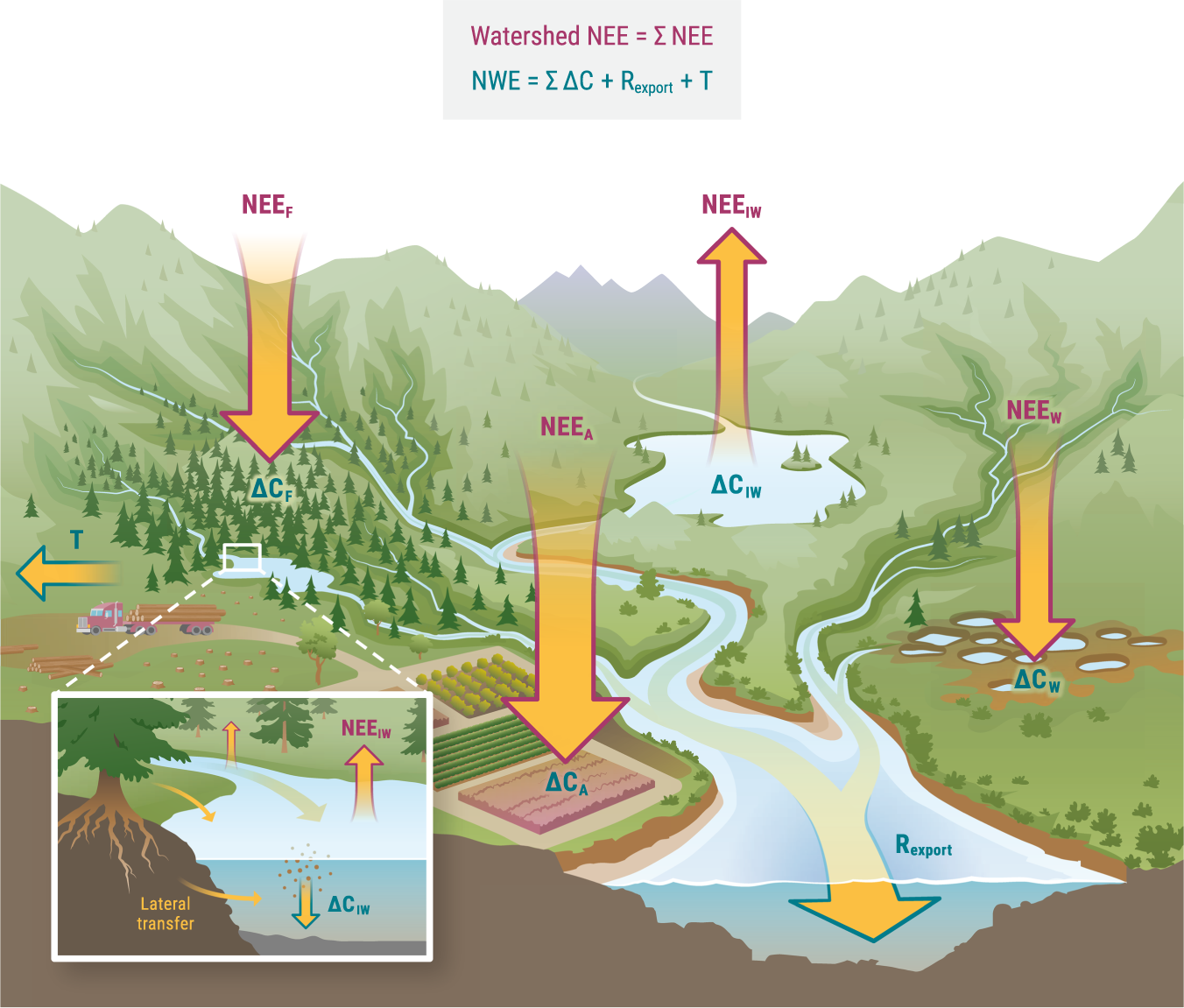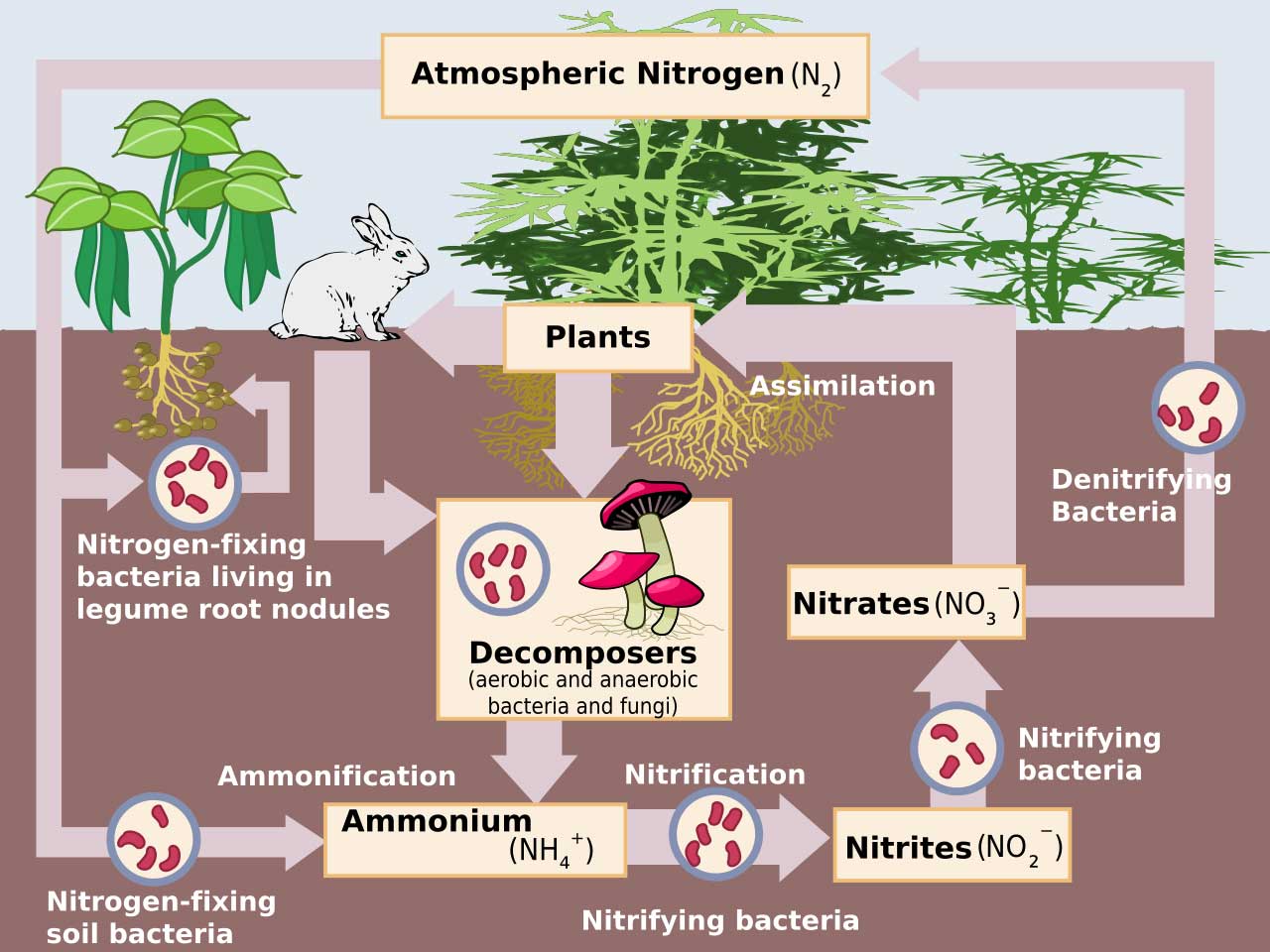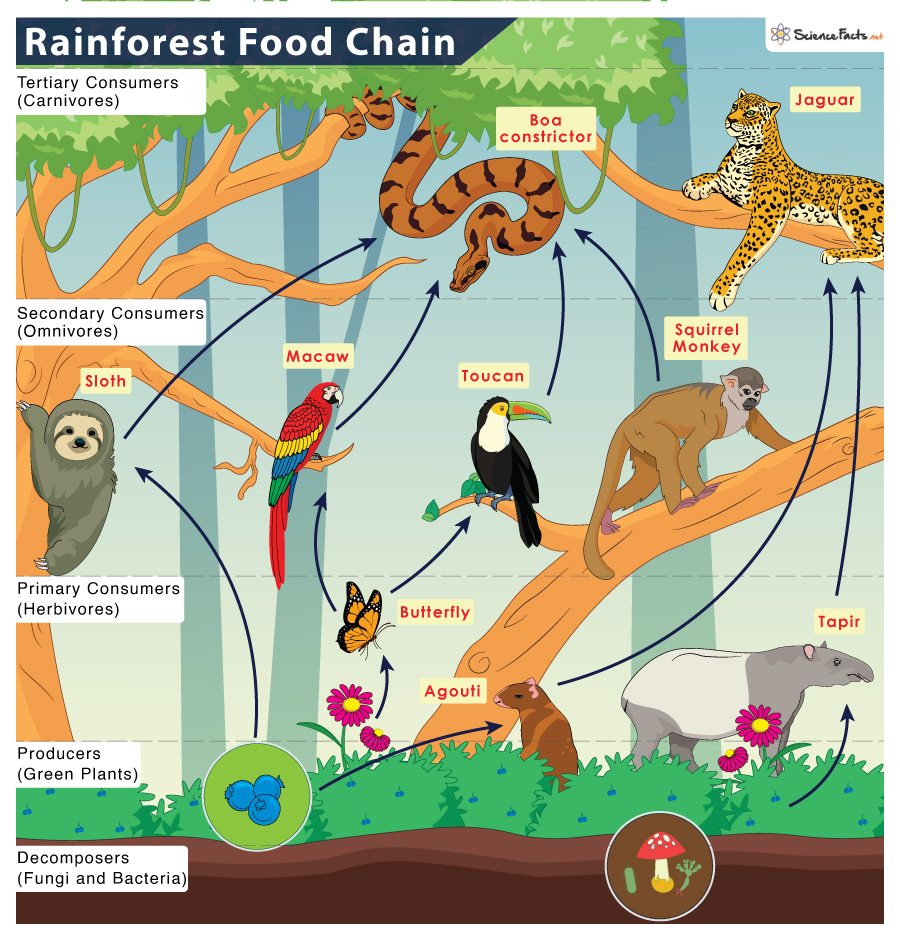Topic coral reef ecosystem services: Discover the unparalleled benefits of coral reef ecosystem services, vital for biodiversity, coastal protection, and sustaining global economies with their hidden wealth.
Table of Content
- What are the ecosystem services provided by coral reef ecosystems?
- Importance of Coral Reefs to Coastal Communities
- Protection from Storms and Shoreline Erosion
- Food Provision and Fisheries Support
- Biodiversity and Habitat Provision
- Carbon Sequestration and Climate Regulation
- Economic Value through Tourism and Recreation
- YOUTUBE: Coral Reef Ecosystem Services: Payments for Services Provided
- Medicinal Resources and Bioprospecting
- Cultural and Recreational Value
- Scientific Research and Education
What are the ecosystem services provided by coral reef ecosystems?
There are several ecosystem services provided by coral reef ecosystems:
- Supporting Biodiversity: Coral reefs are known for their high biodiversity, supporting a wide variety of fish, plants, and other marine life.
- Providing Habitats: Coral reefs provide habitats for numerous marine species, including fish, crustaceans, and mollusks.
- Protecting Coastlines: Coral reefs act as natural barriers, protecting coastlines from erosion and reducing the impact of storms and waves.
- Supporting Fisheries: Coral reefs are important for fisheries, providing a source of food and livelihood for many coastal communities.
- Tourism and Recreation: Coral reefs attract tourists and divers, generating economic benefits through tourism and recreational activities.
- Water Filtration: Coral reefs can improve water quality by filtering pollutants and trapping sediment, helping to maintain healthy ecosystems.
- Carbon Storage: Coral reefs play a role in carbon sequestration, helping to mitigate climate change by storing carbon dioxide.
These ecosystem services contribute to the well-being of millions of people who rely on coral reefs for food, income, coastal protection, and recreational activities.
READ MORE:
Importance of Coral Reefs to Coastal Communities
Coral reefs are not just stunning natural wonders but also crucial to the livelihoods and safety of coastal communities worldwide. These vibrant ecosystems provide a multitude of benefits that are vital for human well-being and economic stability.
- Food Security: Coral reefs are a critical source of food for millions of people, supplying fish and other seafood that form a significant portion of the diet in many coastal areas.
- Economic Benefits: The fishing industry and tourism related to coral reefs generate substantial income for local communities, offering employment opportunities and supporting local economies.
- Coastal Protection: Coral reefs act as natural barriers, protecting coastlines from the impacts of storms and erosion by absorbing wave energy. This protection can reduce the need for costly artificial barriers and mitigate the impact of sea level rise.
- Social and Cultural Value: Many coastal communities have deep cultural connections to coral reefs, which are integral to their traditions, spiritual beliefs, and recreational activities.
- Biodiversity Hotspots: Reefs support an extraordinary variety of organisms, providing critical habitat and breeding grounds for many marine species, some of which are important for commercial and subsistence fishing.
The symbiotic relationship between coral reefs and coastal communities underscores the necessity of preserving these ecosystems. Conservation efforts not only help safeguard the reefs but also ensure the continued provision of essential services to humans.

Protection from Storms and Shoreline Erosion
Coral reefs are not just stunning natural wonders but also crucial to the livelihoods and safety of coastal communities worldwide. These vibrant ecosystems provide a multitude of benefits that are vital for human well-being and economic stability.
- Food Security: Coral reefs are a critical source of food for millions of people, supplying fish and other seafood that form a significant portion of the diet in many coastal areas.
- Economic Benefits: The fishing industry and tourism related to coral reefs generate substantial income for local communities, offering employment opportunities and supporting local economies.
- Coastal Protection: Coral reefs act as natural barriers, protecting coastlines from the impacts of storms and erosion by absorbing wave energy. This protection can reduce the need for costly artificial barriers and mitigate the impact of sea level rise.
- Social and Cultural Value: Many coastal communities have deep cultural connections to coral reefs, which are integral to their traditions, spiritual beliefs, and recreational activities.
- Biodiversity Hotspots: Reefs support an extraordinary variety of organisms, providing critical habitat and breeding grounds for many marine species, some of which are important for commercial and subsistence fishing.
The symbiotic relationship between coral reefs and coastal communities underscores the necessity of preserving these ecosystems. Conservation efforts not only help safeguard the reefs but also ensure the continued provision of essential services to humans.
Food Provision and Fisheries Support
Coral reefs are not just stunning natural wonders but also crucial to the livelihoods and safety of coastal communities worldwide. These vibrant ecosystems provide a multitude of benefits that are vital for human well-being and economic stability.
- Food Security: Coral reefs are a critical source of food for millions of people, supplying fish and other seafood that form a significant portion of the diet in many coastal areas.
- Economic Benefits: The fishing industry and tourism related to coral reefs generate substantial income for local communities, offering employment opportunities and supporting local economies.
- Coastal Protection: Coral reefs act as natural barriers, protecting coastlines from the impacts of storms and erosion by absorbing wave energy. This protection can reduce the need for costly artificial barriers and mitigate the impact of sea level rise.
- Social and Cultural Value: Many coastal communities have deep cultural connections to coral reefs, which are integral to their traditions, spiritual beliefs, and recreational activities.
- Biodiversity Hotspots: Reefs support an extraordinary variety of organisms, providing critical habitat and breeding grounds for many marine species, some of which are important for commercial and subsistence fishing.
The symbiotic relationship between coral reefs and coastal communities underscores the necessity of preserving these ecosystems. Conservation efforts not only help safeguard the reefs but also ensure the continued provision of essential services to humans.

Biodiversity and Habitat Provision
Coral reefs are among the most diverse and biologically complex ecosystems on Earth, providing essential habitat for millions of marine species. The intricate structures of coral reefs offer shelter, breeding grounds, and nursery areas to a vast array of organisms, from tiny invertebrates to large fish species. This rich biodiversity is not only crucial for maintaining ecological balance but also supports the resilience of marine ecosystems against environmental changes.
- Nursery Areas: Coral reefs serve as nursery areas for young fish and other marine life, offering protection from predators and abundant food resources. This critical stage in the life cycle of marine species ensures the sustainability of fish populations, crucial for fisheries and ecosystem health.
- Species Diversity: Coral reefs are home to approximately 25% of all marine species, despite covering less than 1% of the ocean floor. This diversity includes thousands of fish species, hundreds of coral types, and countless invertebrates, highlighting the reefs" role as a biodiversity hotspot.
- Genetic Resources: The vast array of species found in coral ecosystems provides a pool of genetic diversity that contributes to the adaptability and resilience of marine life to changing environmental conditions.
- Habitat Complexity: The structural complexity of coral reefs, with their nooks, crannies, and varied topographies, creates a mosaic of habitats that support a wide range of marine life, promoting species richness and ecological interactions.
In addition to their role in supporting marine biodiversity, coral reefs also contribute to the overall health of the planet"s oceans. They play a key part in nutrient cycling, water filtration, and the production of oxygen, further underscoring their critical role in global ecological processes. Protecting and conserving coral reefs is thus essential not only for the biodiversity they harbor but also for the broader environmental benefits they provide.
Carbon Sequestration and Climate Regulation
Coral reefs are among the most diverse and biologically complex ecosystems on Earth, providing essential habitat for millions of marine species. The intricate structures of coral reefs offer shelter, breeding grounds, and nursery areas to a vast array of organisms, from tiny invertebrates to large fish species. This rich biodiversity is not only crucial for maintaining ecological balance but also supports the resilience of marine ecosystems against environmental changes.
- Nursery Areas: Coral reefs serve as nursery areas for young fish and other marine life, offering protection from predators and abundant food resources. This critical stage in the life cycle of marine species ensures the sustainability of fish populations, crucial for fisheries and ecosystem health.
- Species Diversity: Coral reefs are home to approximately 25% of all marine species, despite covering less than 1% of the ocean floor. This diversity includes thousands of fish species, hundreds of coral types, and countless invertebrates, highlighting the reefs" role as a biodiversity hotspot.
- Genetic Resources: The vast array of species found in coral ecosystems provides a pool of genetic diversity that contributes to the adaptability and resilience of marine life to changing environmental conditions.
- Habitat Complexity: The structural complexity of coral reefs, with their nooks, crannies, and varied topographies, creates a mosaic of habitats that support a wide range of marine life, promoting species richness and ecological interactions.
In addition to their role in supporting marine biodiversity, coral reefs also contribute to the overall health of the planet"s oceans. They play a key part in nutrient cycling, water filtration, and the production of oxygen, further underscoring their critical role in global ecological processes. Protecting and conserving coral reefs is thus essential not only for the biodiversity they harbor but also for the broader environmental benefits they provide.

Economic Value through Tourism and Recreation
Coral reefs are among the most diverse and biologically complex ecosystems on Earth, providing essential habitat for millions of marine species. The intricate structures of coral reefs offer shelter, breeding grounds, and nursery areas to a vast array of organisms, from tiny invertebrates to large fish species. This rich biodiversity is not only crucial for maintaining ecological balance but also supports the resilience of marine ecosystems against environmental changes.
- Nursery Areas: Coral reefs serve as nursery areas for young fish and other marine life, offering protection from predators and abundant food resources. This critical stage in the life cycle of marine species ensures the sustainability of fish populations, crucial for fisheries and ecosystem health.
- Species Diversity: Coral reefs are home to approximately 25% of all marine species, despite covering less than 1% of the ocean floor. This diversity includes thousands of fish species, hundreds of coral types, and countless invertebrates, highlighting the reefs" role as a biodiversity hotspot.
- Genetic Resources: The vast array of species found in coral ecosystems provides a pool of genetic diversity that contributes to the adaptability and resilience of marine life to changing environmental conditions.
- Habitat Complexity: The structural complexity of coral reefs, with their nooks, crannies, and varied topographies, creates a mosaic of habitats that support a wide range of marine life, promoting species richness and ecological interactions.
In addition to their role in supporting marine biodiversity, coral reefs also contribute to the overall health of the planet"s oceans. They play a key part in nutrient cycling, water filtration, and the production of oxygen, further underscoring their critical role in global ecological processes. Protecting and conserving coral reefs is thus essential not only for the biodiversity they harbor but also for the broader environmental benefits they provide.
Coral Reef Ecosystem Services: Payments for Services Provided
Discover the innovative world of payments and how it is transforming the way we exchange value. Watch our video to learn about the latest advancements in this exciting sector and how it can simplify your financial transactions.
Investigating Access and Equity in Coral Reef Ecosystem Services: Jacqui Lau
Dive into the world of access and equity and explore how it is shaping a more inclusive and fair society. Join us in this thought-provoking video as we discuss the importance of equal opportunities and how we can work together to create a more equitable world.
Medicinal Resources and Bioprospecting
Coral reefs are treasure troves of biological diversity, providing a rich source of compounds for the development of new medicines. These ecosystems, often referred to as the medicine cabinets of the sea, are home to a multitude of organisms that have evolved unique biochemical compounds as defense mechanisms against predators. Scientists and researchers harness these compounds through bioprospecting, the process of searching for and commercializing new medicines from natural sources.
- Anticancer Properties: Some coral reef organisms have been found to produce substances with potent anticancer activities. These include compounds that can inhibit the growth of tumors and cancer cells without harming healthy cells.
- Antibacterial and Antiviral Agents: The search for new antibiotics is critical in the age of increasing antibiotic resistance. Coral reefs offer a plethora of organisms that produce antimicrobial compounds, effective against bacteria, viruses, and fungi.
- Anti-inflammatory and Pain Relief: Compounds derived from coral reef organisms have shown significant potential in treating inflammation and pain, offering alternatives to traditional pharmaceuticals.
- Neuroprotective Agents: Research has also uncovered neuroprotective compounds in coral reefs, which hold promise for treating neurodegenerative diseases such as Alzheimer"s and Parkinson"s.
In addition to these, coral reef ecosystems play a crucial role in bioprospecting for drugs related to bone repair, arthritis, and heart disease management. The intricate relationships within these ecosystems mean that even the smallest organisms can be a source of groundbreaking medical treatments. As such, protecting coral reefs is not only vital for maintaining biodiversity and supporting local communities but also for the continued discovery and development of new medicines.
The potential of coral reefs in the field of medicine underscores the importance of conservation efforts. Through sustainable practices and protective measures, we can ensure that these vital ecosystems continue to benefit human health and well-being for generations to come.
Cultural and Recreational Value
Coral reefs are not only biological powerhouses but also cultural and recreational havens that enrich human life in myriad ways. These vibrant underwater landscapes offer a window into a world teeming with life, color, and beauty, attracting millions of visitors each year who seek to connect with nature and experience the wonders of the marine environment.
- Snorkeling and Diving: Coral reefs are premier destinations for snorkeling and diving enthusiasts. The clear, warm waters provide unmatched opportunities to observe a vast array of marine life up close, from colorful fish to intricate coral formations, in their natural habitats.
- Educational Experiences: Beyond recreation, coral reefs serve as outdoor classrooms, offering educational experiences for people of all ages. Through guided tours, workshops, and interactive programs, visitors can learn about marine ecology, the importance of conservation, and the role of reefs in the global ecosystem.
- Cultural Significance: For many coastal and island communities, coral reefs hold deep cultural significance. They are woven into the fabric of local traditions, spiritual beliefs, and community practices, often featuring in myths, folklore, and ceremonies.
- Recreational Fishing and Boating: Coral reefs contribute to the local economy by supporting recreational fishing and boating activities. These activities not only provide enjoyment and relaxation but also foster a deeper appreciation for the need to protect these fragile ecosystems.
- Photography and Filmmaking: The stunning beauty of coral reefs makes them a favorite subject for photographers and filmmakers, who capture their majesty to share with the world. This visual storytelling plays a crucial role in raising awareness about reef conservation issues.
The cultural and recreational value of coral reefs underscores the importance of preserving these ecosystems. They are not only crucial for biodiversity and the environment but also for the enrichment of human culture and the provision of recreational opportunities that enhance our quality of life. Protecting coral reefs ensures that future generations can continue to enjoy and learn from these natural wonders.
READ MORE:
Scientific Research and Education
Coral reefs are living laboratories that offer invaluable insights into marine biology, ecology, and the impacts of climate change. The unique biodiversity and complex dynamics of reef ecosystems make them critical sites for scientific research and education, fostering a deeper understanding of our planet"s environmental challenges and opportunities for sustainable management.
- Climate Change Studies: Coral reefs are sensitive indicators of climate change. Research on coral bleaching events, caused by rising sea temperatures, helps scientists predict and mitigate the broader impacts of global warming on marine ecosystems.
- Biodiversity Conservation: Studying coral reefs contributes to biodiversity conservation efforts by identifying the vast array of species they support. This research is essential for developing strategies to protect endangered species and maintain ecosystem balance.
- Marine Biotechnology: Coral reef organisms are a source of novel bioactive compounds, prompting research into potential applications in medicine, agriculture, and industry. This bioprospecting has the potential to lead to groundbreaking discoveries and innovations.
- Ecosystem Services Valuation: Scientists quantify the economic, cultural, and ecological values of services provided by coral reefs, which is crucial for informed policy-making and sustainable resource management.
- Educational Programs: Coral reefs serve as dynamic educational platforms, engaging students and the public in marine science through field trips, citizen science projects, and interactive learning experiences. These programs raise awareness about the importance of reefs and the need for conservation.
Through ongoing scientific research and education, we can enhance our understanding of coral reefs, promote conservation, and inspire the next generation of marine scientists and stewards. The knowledge gained from these endeavors is not only vital for protecting coral reefs but also for ensuring the health and resilience of our global oceanic systems.













